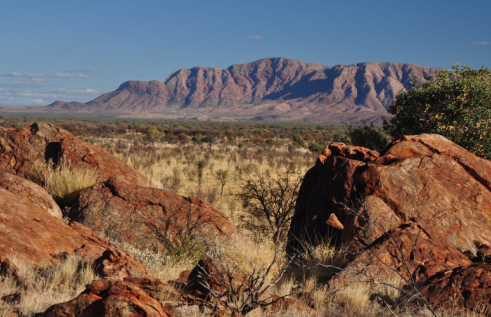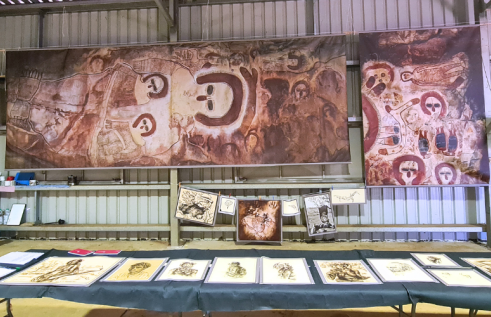Northern Institute
Dual Seminar: Demographic trends and sparse regions
| Presenter | Northern Institute | |
|---|---|---|
| Date |
|
|
| Time |
to
|
|
| Contact person |
Northern Institute
|
|
| Location |
Savanna Room, Northern Institute, Yellow Building 1. 1. 48 CDU Casuarina campus |
|
| Open to | Public | |
Join us for this dual People.Policy.Place a seminar from the Northern Institute's Demography team on current research.
Program:
10 am - 11 am Dr Sigurd Dyrting
11 am - 12 pm Dr David Karacsonyi
Recent Trends in the Demography of Developed Countries
Abstract: It is almost one hundred years since the birth of Demography's primary paradigm, the theory of the demographic transition, describing a population's change from high to low levels of fertility and mortality with increasing modernisation. But for many developed countries, including Australia, the post-transition era continues to see changes in the dynamics of their populations.
Bio: Dr Sigurd Dyrting specialises in the application of mathematical, statistical, and computational methods to demographic problems.
His current research is on estimation techniques for small populations with an emphasis on preparing inputs used by practitioners for demographic analysis and population projections.
What makes sparsely populated regions really sparse?
Abstract: This presentation provides an understanding of the human–geography nexus behind the existence of sparsely populated regions such as the Australian ‘Outback’. For facilitating better population policy outcomes for these sparse regions, a comprehensive socio-economic characterisation is necessary beyond remoteness, sparsity, environmental harshness and their direct consequences.
It is argued that existing socio-economic and political frameworks can also generate, magnify and reinforce uneven population distributions and determine empirical analysis results; consequently, they are also ‘making’ these sparse regions. This characterisation helps to move away from seeing these sparse regions as socially and economically disadvantaged and doomed by externally given geographic constraints.
It can also re-orientate the focus of policies from addressing the challenges ex-post to the role of institutions in reinforcing and reproducing remoteness by asymmetric power hierarchies. View thesis.
Bio: Dr David Karacsonyi is a geographer, GIS analyst, atlas cartographer, map designer and an enthusiastic scientific blogger. He works with the Demography and Growth Planning Team at the Northern Institute to better understand population change in the Northern Territory. He intersects different data sources, such as ABS census data, with NT Government and Geoscience Australia data to provide new insights into spatial relations within remote and sparsely populated geographies. He also aims to assess empirical results and data limitations in a social and cultural context.
Related Events

Central Australian Research Showcase
Read more about Central Australian Research ShowcaseJoin us to learn more about the social and policy research projects and initiatives shaping the future of Central Australia.

Master of Public Policy Student Presentations
Read more about Master of Public Policy Student PresentationsJoin us and support our Master of Public Policy students give their final presentations.

German Ethnographic Expeditions to the Kimberley
Read more about German Ethnographic Expeditions to the KimberleyJoin us for this People.Policy.Place seminar with visiting academic Associate Professor in Archeology, Martin Porr from the University of WA. He will discuss a collaborative case study of historical materials from German ethnographic expeditions in the Kimberly region in the 1930s and '50s, exploring critical research history anthropological knowledge production significant to the participating Aboriginal partners and the archival institutions in Germany.

